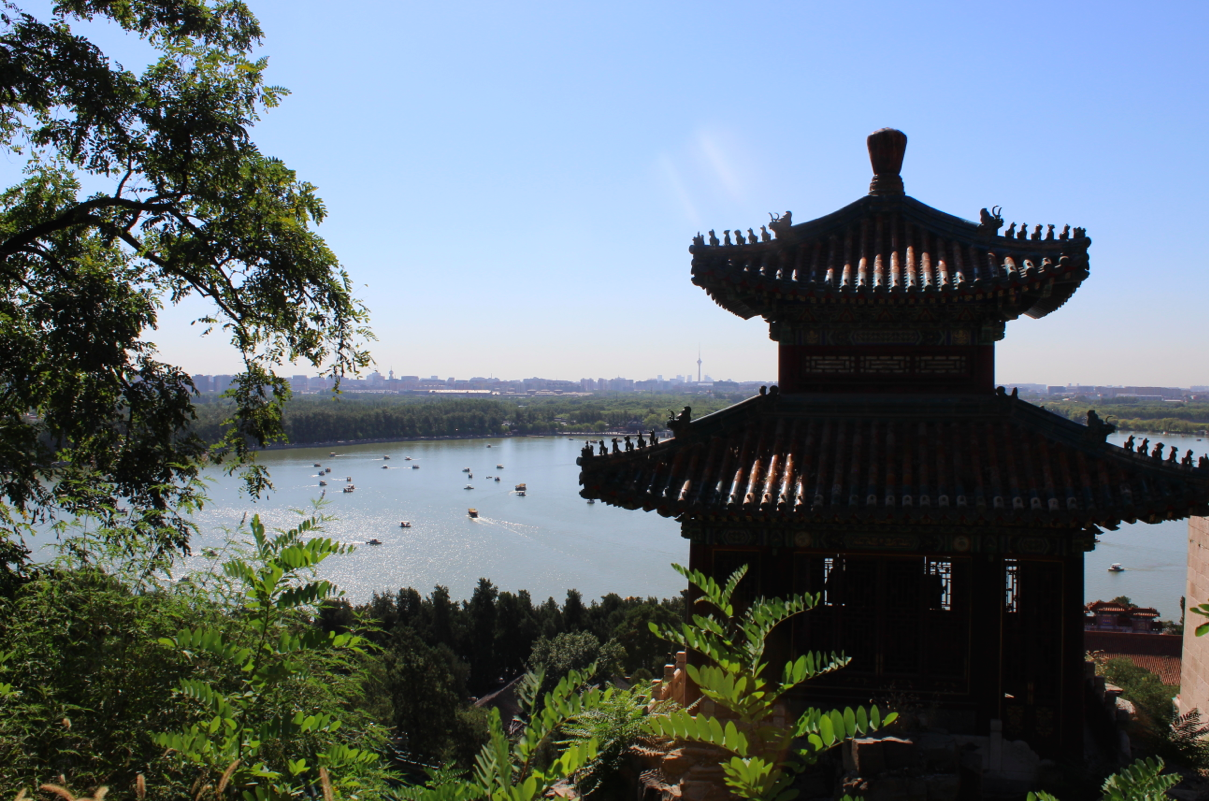Intermittent Fasting while in South Korea

Intermittent Fasting is quite a popular lifestyle trend that many people who are either looking to lose weight or just jumpstart a healthy lifestyle are incorporating into their day to day lives. Ever since I was a teenager, I have always been interested in committing myself to a healthy lifestyle. From being vegetarian for 7 years (something I will explain in another post) to eating beef ribs and pigskins in South Korea, my diet has gone through quite an evolution. Considering this and that intermittent fasting has been quite talked about for a while, I thought I’d share my perspective and experience incorporating Intermittent Fasting into my lifestyle and how that looks while living abroad in South Korea.
There are many online sources that go into depth about the Intermittent Fasting Lifestyle, so I won’t go too much into explaining that and instead provide a brief overview. In general, Intermittent Fasting, or (IF) is a pattern of eating where there are cycles of eating and fasting. You have a strict eating window and you are only allowed to eat within this window. The science behind this involves forcing your body to go into a fasting state while not in the eating window and by that training your body to use fat as a source of energy, which ultimately leads to weight loss. There are 2 most common fasting windows that are practiced under intermittent fasting—the 16-hour and 24-hour fast. However, I’ve seen many sources mention that a 14-hour fast may be more suitable for women because of how it may affect hormonal levels. The benefits of IF include weight loss, a reduction in risk of chronic health conditions, and increased brain health. This is an overall synopsis of Intermittent Fasting, but I suggest you do more research on the topic to have a better understanding of how to incorporate it in your lifestyle.
Choosing to incorporate Intermittent Fasting into your lifestyle does require some consideration. I chose to adapt this pattern of eating because I believed it would be a great fit into my lifestyle and something I could easily abide by that would also improve my health. IF provides a structured eating window that keeps me from eating late at night or snacking at times that I shouldn’t be. It provides enough structure where you are able to see results while also not pressuring you to a point where you become mentally exhausted and ultimately end up quitting. Also, IF fits perfectly into my daily work life and doesn’t inconvenience me when I do want to go out and have fun.
While I’m living in South Korea, IF does a great job of providing discipline in areas where most of us become too lenient in while living abroad. I can’t tell you how many times people have shared stories of gaining 15 or 20 pounds while living abroad in another country. And particularly here in South Korea, there are so many delicious foods! There is Kalbi, tteokbokki (a fave of mine), samgyeopsal, and not mention Korean rice cakes! There are so many delicious foods here in South Korea that are generally quite healthy in nature, but of course eating too many of these foods—like going out for Korean barbecue everyday—will definitely add some pounds around the waistline. So adding structure to my eating habits helped me from experiencing weight gain or a decrease in overall health. I practice the 16-hour fasting pattern in which I only eat between the hours of 12:00 pm and 8:00 pm everyday. Also, because I teach English here in South Korea and my work hours are from 8:30 am to 4:30 pm, it’s quite easy to practice IF. In the mornings, I pass on eating breakfast and go to work on an empty stomach. I know that for some this may be a struggle to do, but for me—after practicing IF for 2 years on and off—my body has become accustomed to not eating breakfast. I am literally not hungry in the mornings and actually feel more energy when I don’t eat breakfast as compared to when I do eat breakfast. When I get to school, I teach my four or five classes, then I eat lunch at 12:20 pm most days of the week. Then, when I leave school and go home at 4:30, I usually prepare dinner once I get home which is around 5ish. After finishing dinner, I may eat a snack if I am still hungry, but I stop all eating at 8:00 pm. Eating within this window is very comfortable for me and I have been able to maintain a healthy weight and fat composition while still enjoying all the uniquely traditional foods South Korea has to offer.
I hope my experience helps you in your research on the Intermittent Fasting Lifestyle. It has truly allowed me to maintain discipline in my eating habits and doesn’t cause any inconvenience in my life. Do you think you’d incorporate IF into your lifestyle? Let me know why or why not below!









Once I got notified that I would be teaching English in South Korea, the next big decision to make would be to decide where I would be living in South Korea. Historically, many foreigners interested in traveling here are primarily concerned with living in Seoul. In fact, many people who are even somewhat familiar with South Korea are often times only aware of Seoul.